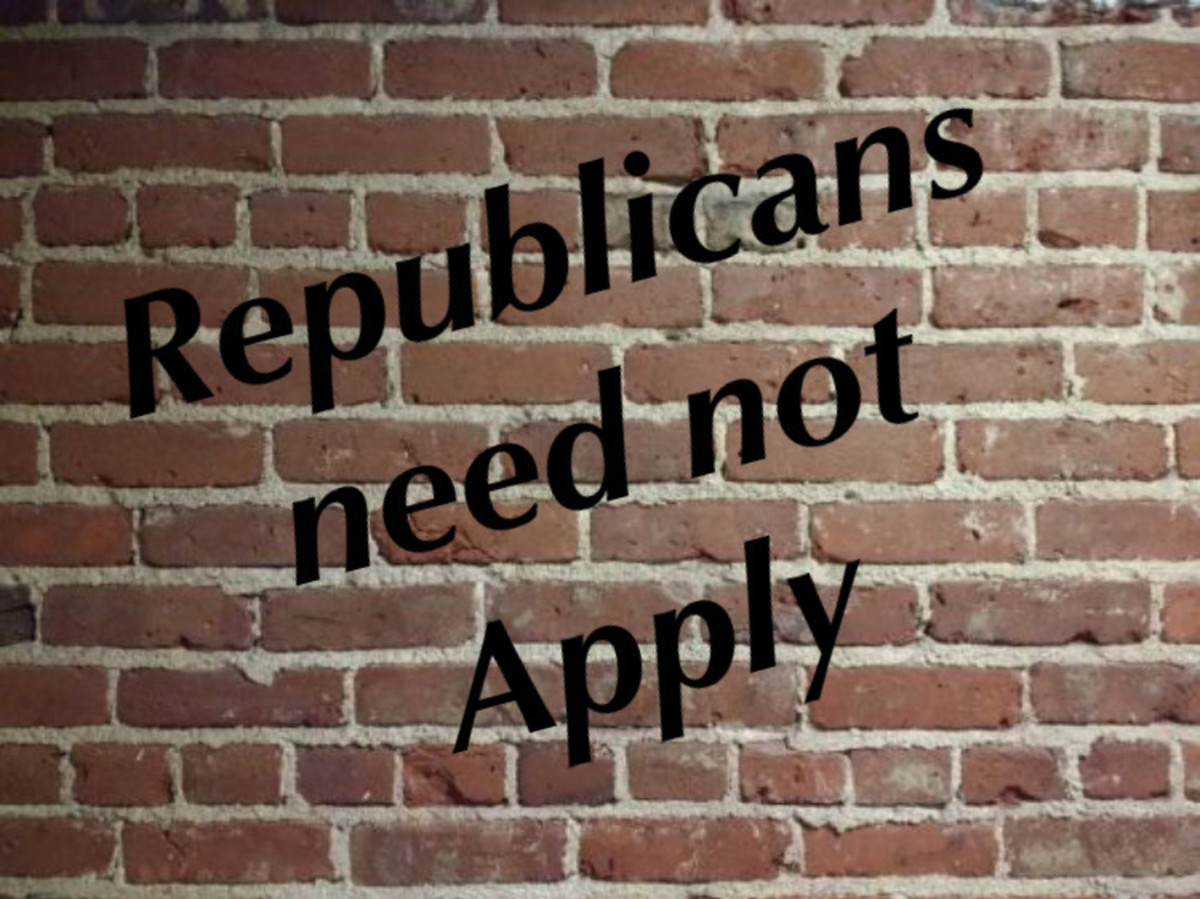The President No Longer Allowed to Block Twitter Users - Look For A Ripple Effect

On May 23rd, 2018, a Federal Judge may have set precedent that will ripple through the social media community, with potentially platform-changing impact. Judge Naomi Reice Buchwald, a Senior United States District Judge representing the Southern District of New York who was nominated to the Court by former President Bill Clinton in 1999 and gained senior status in 2012, recently addressed how the Constitution applies to social media. She specifically focused on whether President Trump’s practice of blocking people on Twitter was legal and permissible. This case is unique because it’s the first of its kind, but also because it potentially brings Twitter into the sights of government regulators.
The case was originally brought forward by a group of seven Twitter users, who sued the President in July of 2018, for blocking them. Blocking someone on Twitter means they cannot see or respond to the tweets, or posts, of the user. The group made the claim that the Twitter feed of President Trump should be considered an official government channel, and furthermore that blocking anyone from it was a violation of their 1st Amendment rights. The President’s lawyers argued that a social media platform in not a public forum, due to requirements from Twitter or Facebook to set up an account in order to access content; no true public forum has a firewall to prevent any citizen from access. Also, the tweets sent by the President are reprinted numerous times in other publications; no one is excluded from the information.
Welcome Spammers, Trouble-makers, and All Sorts of Trolls
The President may tweet more often than other officials, but he’s certainly not unique in his adaptation of social media as a tool. Former President Obama is credited with being the first United States President to truly leverage social media as an effective tool; first for campaigning and then later for selective communications. Looking across the nation, almost every public office holder has some sort of social media presence. Moreover, the Federal Government as a whole operates approximately 9,000 social media accounts. Information about those accounts can be found at the United States Digital Service and most of those accounts are on Facebook or Twitter. Each government area has a social media policy which details how the account can be used and by whom; this new ruling may require a complete review and possible change in how those accounts are managed.
Judge Buchwald ruled that it is unconstitutional for the President to block anyone, but many believe that her ruling will have a ripple effect that could force universal changes to all social media platforms. She was very clear that her ruling was to apply to all government officials. Extrapolating on this ruling means simply, that if the President, who holds a taxpayer elected position, is expected to follow a set of rules then the same rules should apply to all persons holding office. Seemingly the same logic should also be followed by anyone who is running for office and furthermore anyone works for the taxpayers should be expected to comply. This would mean that all officials, agencies, and other taxpayer-funded entities must unblock everyone, including spammers, agitators, and complainers. This ruling may cause a flood of lawsuits from a wide-spectrum of social media users who feel they need to be heard. To some of the President’s opponents, this ruling may sound like a win, but it looks likely to boomerang on the entire establishment.
© 2018 Ralph Schwartz








